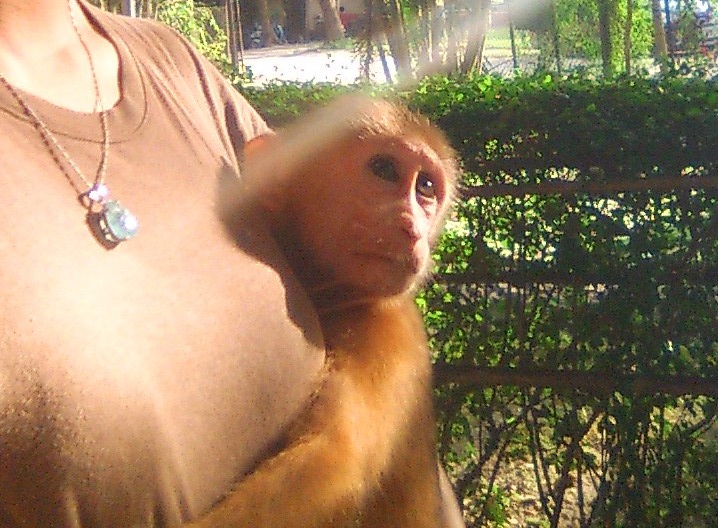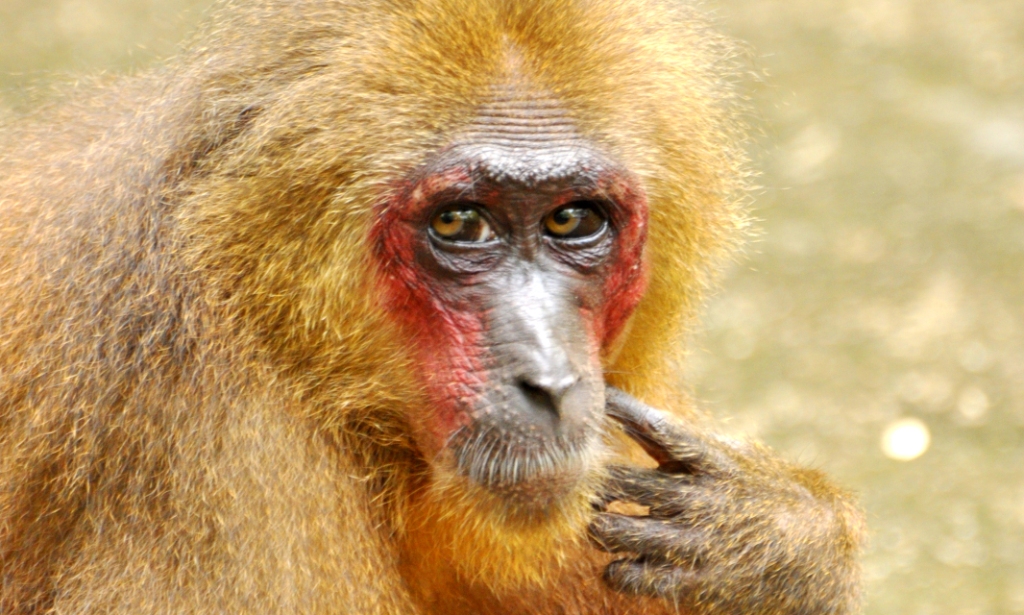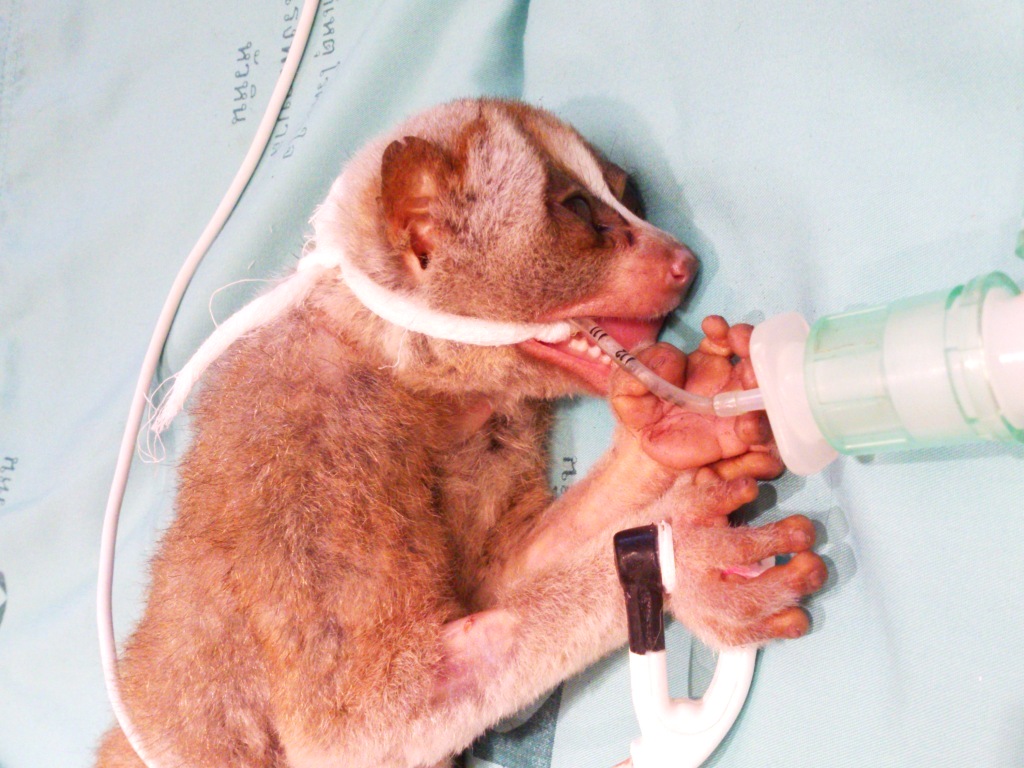As a wildlife vet, I feel there are some unique experiences that other occupations may not be able to offer. Sometimes it’s a funny experience, many times it’s a tough one, and most of the time it’s a very rewarding one. So here it is, my 6 personal experience being a wildlife vet:
1. You are more comfortable handling a baby animals than handling a baby human. Taking care of orphaned baby monkeys, baby bears, baby gibbons, baby orangutans, baby porcupine, and many other babies on a daily basis makes me so used to with handling baby animals, but when I was faced with my 6 month old nephew I didn’t dare to hold him. Then a scary question popped out in my mind: Am I a normal human being?

2. People think you are smart. Most people who ask what my job is are usually surprised when I tell them I’m a wildlife vet. Their common reactions are “Wow, you treat hundreds of animals!”, “So you understand the anatomy of each species?”, “How can you remember all the animals’ names?”, which eventually makes them say “You must be very smart to be that kind of vet”. I always smile and feel proud for a while before they ask random questions which leads to the next point.
3. You are forced to understand hundreds to thousands of animals of ANY kind. Small pets, farm animals, flightless birds, reptiles, marsupials, big carnivores, sea mammals, everything! The truth is, most of wildlife vets are specialized in some species and are not knowledgeable about other animals. Unfortunately, many people think you are not professional enough when you can’t answer their random questions about a specific animal. Now please inform me if there’s one vet who can answer all the following questions without asking Uncle Google: What’s the lifespan of Chairina scutulata? How many toes does an African elephant have? How long does a caiman incubate their eggs? Is Sumatran rhino crepuscular? How many teeth does a baiji have? Sounds fun right if you are faced with those questions? If you think I have the answers for all the questions above, I’m truly sorry to disappoint you.

4. You cannot have a favorite. Taking care of hundreds of animals under your care, it’s not fair if you love some animals over the others. Everyone deserves the same attention. No matter how cuddly a baby tiger is, how cute a binturong is, how tame a bear is, you can’t make them your favorites. Now imagine a scene: when you give treats to your favorite animals, don’t you feel guilty when their neighbors stare at you with puppy-eyed face?

5. Even though you are supposed to love all animals, there’s always one animal you prefer not to deal with. For me personally, I prefer not to deal with loris. Big animals are easier to treat because you can sedate them initially with darts. But with small animals like slow loris, you have to catch them by hand with a risk of being bitten, and when you do surgery, you have to be extra careful not to crush their tiny anatomy.

6. You are forced to know about management. In the field most of the time you are not working with vet tech or vet nurses who understand about treatment and medication. More often than not, you are faced with illegal pet owners, keepers, or even your boss, who may or may not know about biology and animal science, but most of them don’t understand about medicating sick animals and selecting a drug of choice. When there’s emergency, you have to be able to control them no matter what, despite of age and experience, because you are the one qualified as a vet who knows animal medicine and surgery better than the rest.
Don’t miss the first part of this post. Read 6 more interesting experience here. If you also work with wildlife and have either similar or different experience with them please share in the comments below and let other readers know.


2 thoughts on “6 things you’ll experience as a wildlife vet #2”